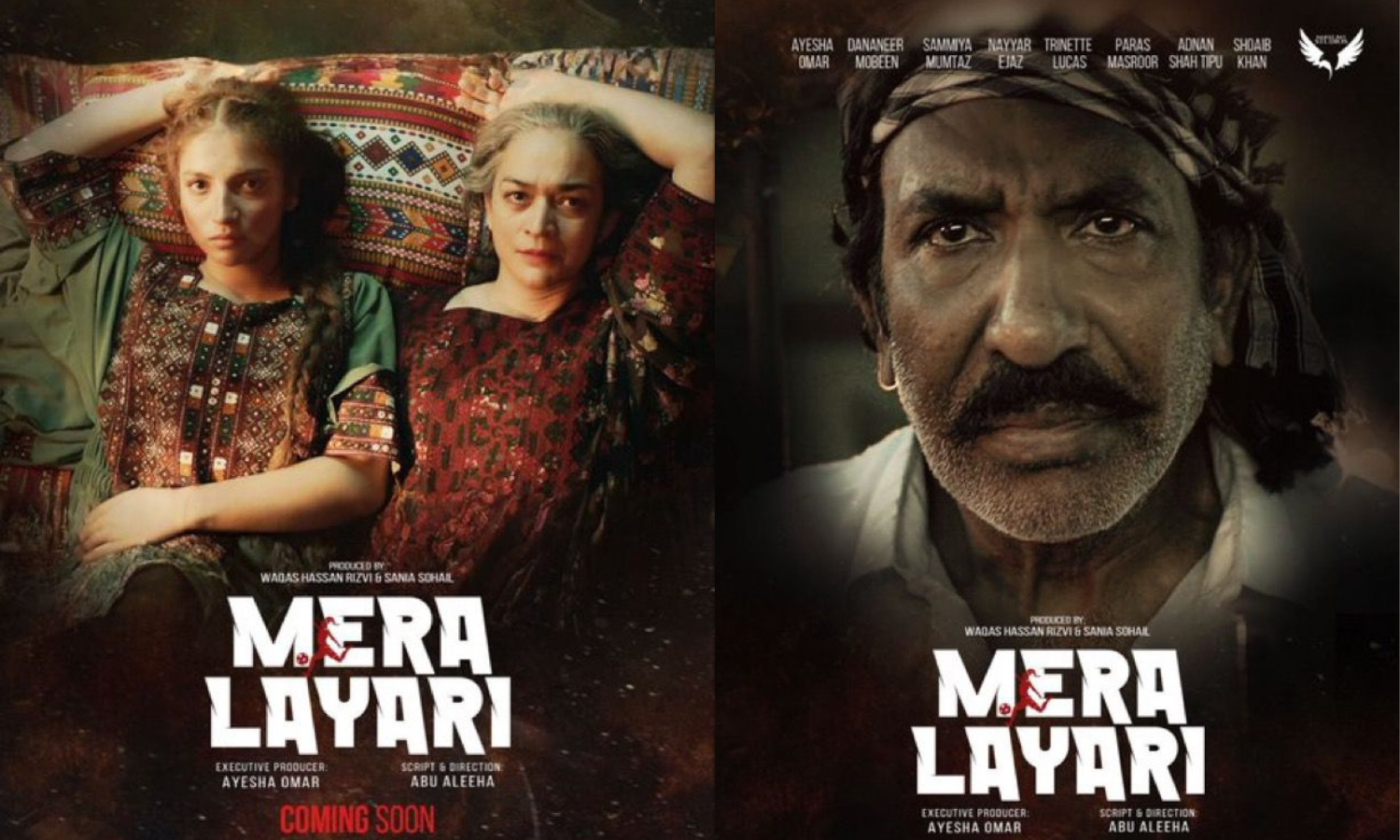Pakistan’s Sindh government has announced the release of a new film titled Mera Lyari, seen as a response to the recent Bollywood blockbuster Dhurandhar. Pakistani officials describe the Indian spy thriller as offering a “negative…
Pakistan Announces ‘Mera Lyari’ in Response to Bollywood Film ‘Dhurandhar’
